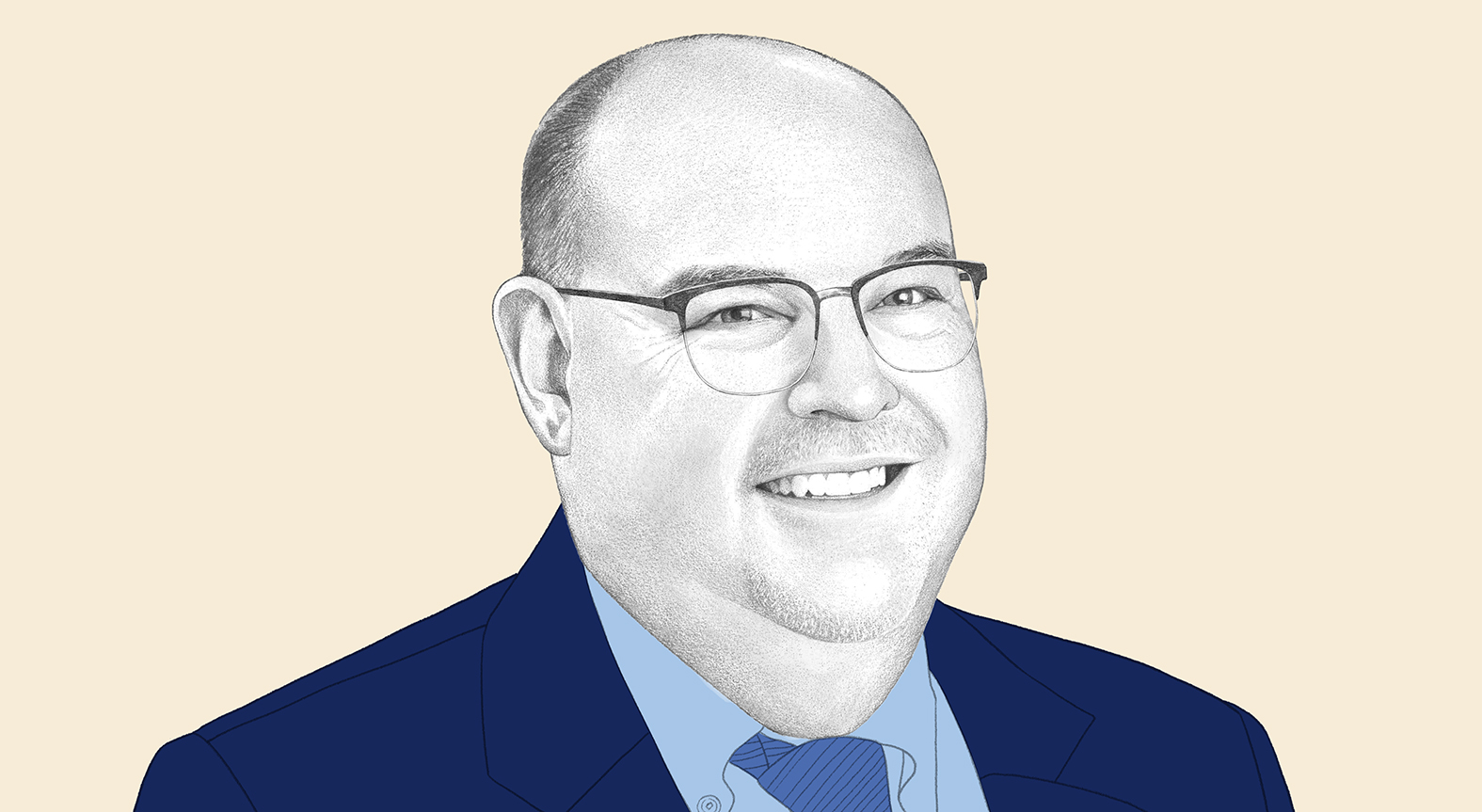
Now, perhaps more than ever, the world's most vulnerable populations are in the crosshairs of geopolitical turmoil, and leaders worldwide, including representatives of the Catholic Church, are calling us to action. As we continue our service to the Church through the Catholic health ministry, it is timely to highlight how Catholic social teaching guides the necessary adaptations of Catholic health care to meet the rapidly evolving global health landscape.
Over the past few years, Catholic health organizations have increasingly recognized the importance of ethical practices, responsible resource allocation and equitable partnerships in their global endeavors. At the same time, several health systems have shifted their global health priorities, reorganized and, in some cases, reduced the resources allocated to global health. These factors and the surrounding geopolitical climate that exacerbate vulnerabilities worldwide illuminate the need for us to carefully consider our path forward, particularly in how we scale our global health initiatives to reflect our continued commitment to the principles of Catholic social teaching.
A NEED FOR BOLD ACTION
The United States Conference of Catholic Bishops describes Catholic social teaching as"a rich treasure of wisdom about building a just society and living lives of holiness amidst the challenges of modern society."1
In an interview earlier this year, Cardinal Michael Czerny, SJ, Prefect for the Dicastery for Promoting Integral Human Development, described the U.S.'s recent cuts to foreign assistance as an"injustice" in conflict with Church teaching. He indicated that foreign assistance is a response to those in need and a call on our conscience as Christians and human beings.2
As we navigate the complex global health landscape, we must examine our responses and recognize the impact our actions — or inaction — will have on poor and vulnerable people. The principles of Catholic social teaching and the example of the courageous religious founders of Catholic health care serve as a guiding light and an inspiration. This wisdom of the Church's social tradition and those who came before us in the ministry impel us to take part in filling the gap between the Gospel's demand for justice and the urgent realities of our fractured world.
In Fratelli Tutti, Pope Francis underscored this tension and highlighted the need for bold action:"Solidarity means much more than engaging in sporadic acts of generosity. … It means confronting the destructive effects of the empire of money."3 In other words, Catholic social tradition is not a set of abstract ideals. It is a radical call to action.
Its pillars — human dignity, solidarity, the common good and the preferential option for the poor and vulnerable — demand that health care transcends borders and transactional care. When a child in sub-Saharan Africa dies of malaria while U.S. hospitals discard perfectly usable but unused supplies, or when nurses from countries red-listed by the World Health Organization are recruited to staff our facilities while their home clinics crumble, do we violate these principles? These are questions CHA's Global Health Advisory Council believes sponsors and leaders of Catholic health care need to ponder together.
The advisory council has urged us to be bold in highlighting these questions and the issues surrounding them. More importantly, they have requested that we be bold in presenting these messages to executives and sponsors of Catholic health in the U.S. Then, more fully informed, Catholic health care can take appropriate action collectively, institutionally and individually.
THE TIME TO ACT IN SOLIDARITY IS UPON US
Catholic health care is a ministry of the Church, and the richness of the Church's social tradition calls us to action. Solidarity requires us to more fully understand these realities and the Church's response locally, regionally and globally. We must move beyond transactional charity and dismantle structures that harm the vulnerable. Only then can we define our role in eliminating systems that treat human health as a commodity and position ourselves to act in support of the Gospel mandate and Pope Francis' call to a culture of encounter.
Therefore, we must determine how we act accordingly to uphold Catholic social teaching in our global health activities:
- Preferential Option for the Poor: Allocate our limited resources appropriately.
- The Common Good: Advocate for ethical policies.
- Solidarity and Human Dignity: Develop mutually beneficial and bidirectional partnerships.
A FINAL APPEAL
The Gospel compels us to act now to address the need for a new dynamism in our collective response as the Catholic health ministry in the United States. The world's suffering is palpable, and we cannot claim to uphold the tradition of Catholic social teaching while sitting on the sidelines. By living the culture of encounter that Pope Francis urged us to embrace, we can best live out these goals. In his inaugural Mass, Pope Leo XIV reinforced many of these messages and called for a"united Church, a sign of unity and communion, which becomes a leaven for a reconciled world."4 His vision echoes the urgency of our mission — one that refuses to retreat in the face of suffering.
The marginalized are waiting. The world is watching. Our faith leaves no room for retreat.
BRUCE COMPTON is senior director, global health, for the Catholic Health Association, St. Louis.
NOTES- "Seven Themes of Catholic Social Teaching," United States Conference of Catholic Bishops, https://www.usccb.org/beliefs-and-teachings/what-we-believe/catholic-social-teaching/seven-themes-of-catholic-social-teaching.
- Eric Reguly, "A Key Canadian Cardinal Is Speaking up Against Trump's Foreign Aid Cuts," The Globe and Mail, March 10, 2025, https://www.theglobeandmail.com/world/article-catholic-church-condemns-trump-eradication-foreign-aid/.
- Pope Francis, "Fratelli Tutti," The Holy See, paragraph 116, https://www.vatican.va/content/francesco/en/encyclicals/documents/papa-francesco_20201003_enciclica-fratelli-tutti.html.
- Pope Leo XIV, "Homily of the Holy Father Leo XIV," The Holy See, https://www.vatican.va/content/leo-xiv/en/homilies/2025/documents/20250518-inizio-pontificato.html.
Connect with Bruce Compton to join or recommend someone to take part in discussions on how Catholic health can further uphold Catholic social teaching in its global health initiatives, https://www.chausa.org/focus-areas/global-health/staff/bruce-compton
